It’s 2021. Black women in the west are called “bitches” and “hos” far more often than they are called “queens” and “empresses”. What is riling is that far too many of them have accepted this use of language and have gone as far as claiming it as culture and thus, the heritage of future generations. On the other hand, we have African women in the east, who are too often characterised as weak, powerless, and marginalised entitites in society. Amidst these realities, there is a new uprising of songs, poems and odes which praise the beauty, strength, power, and virtues of the African woman and those who descend from her. The stories in these songs and poems are not far-fetched. They are a true embodiment of the “queens” whose exploits have been documented in the annals of African History. They were beautiful, intelligent, inspired change, fought wars and led armies of men. Today, you’ll meet 5 of them.
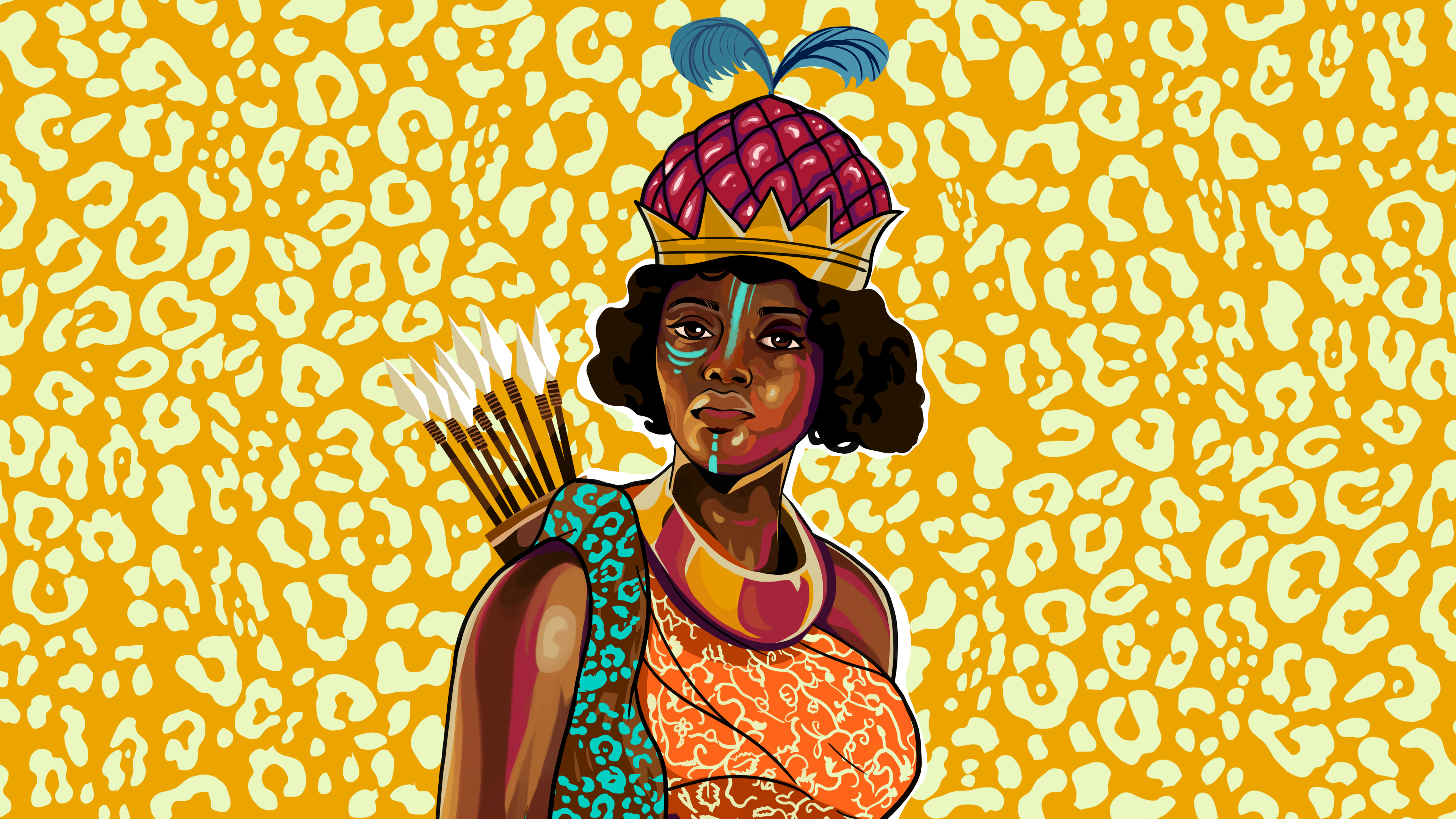
Nzinga
Queen Anna Nzinga who was also known as Ana de Sousa Nzinga Mbande was a queen of the Ndongo and Matamba Kingdoms (occupying present Angola in the southern part of Africa). She was born in Central Africa around 1582 and her dynamism was noticed at an early age. This catapulted her to a place of power and prominence which she used to shape the destiny of her people. According to the African-American historian and pioneer in the creation of Pan-African and Africana studies, Nzinga was the “greatest military strategist that ever confronted the armed forces of Portugal.” Her gender did not hinder her from leading her people in her best capacity. She aspired to expand her rule and influence in the region and secure the dignity and honour of the people in central Africa. Nzinga through her determination and leadership managed to keep the Portuguese in Africa at bay for over four decades. Her objective was for the complete termination of Portuguese capture and enslavement of the African people. Moreover, during her rule, she sent representatives and ambassadors throughout Central and West Africa with the purpose of establishing a great coalition of Africans that would eject the Portuguese. While fighting for her people, Nzinga died in 1663 at the age of 81.
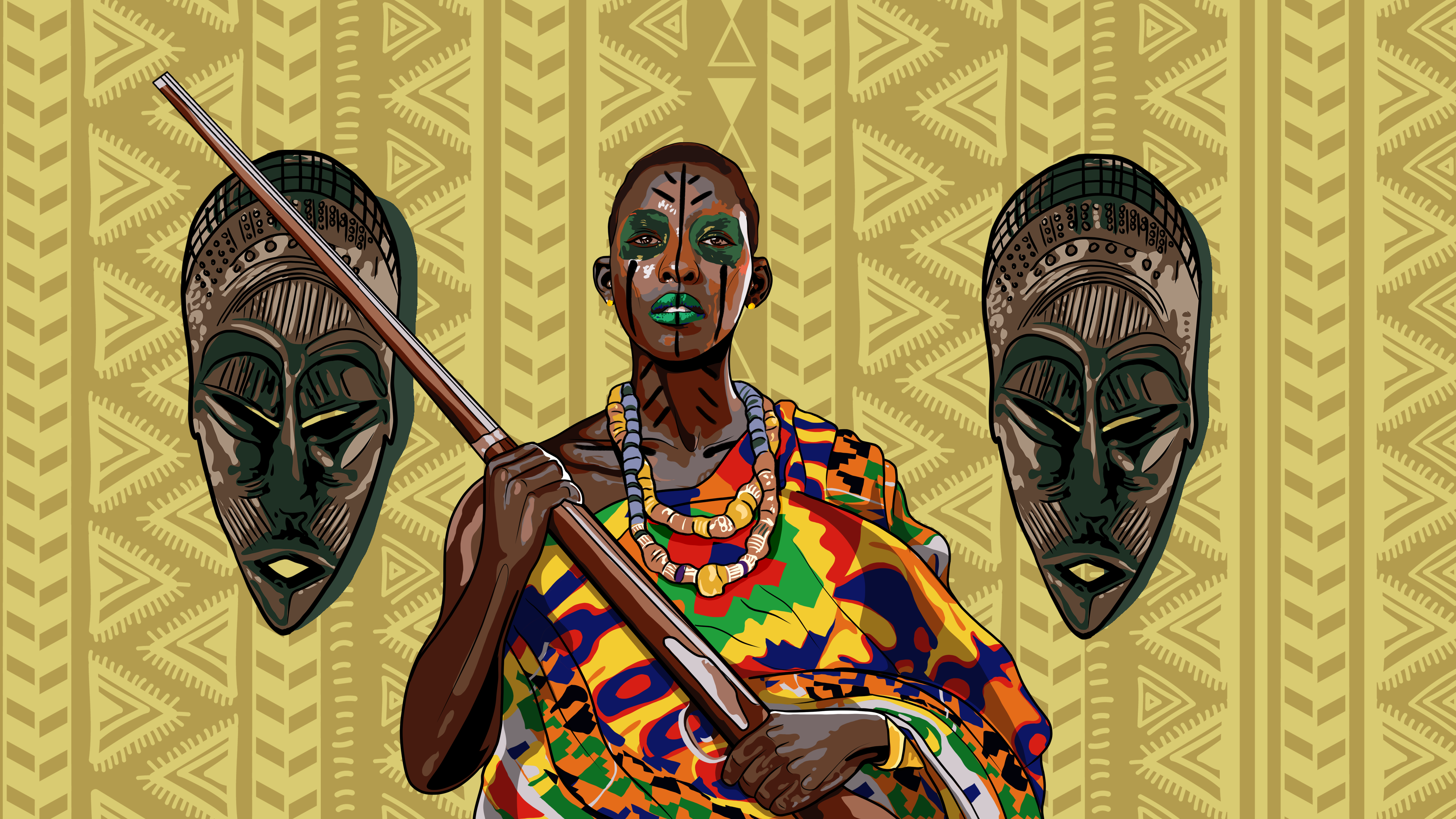
Yaa Asantewaa
Yaa Ansantewaa was from the Asante kingdom in Ghana. She was the queen mother of Ejisu who led her people to fight against British rule. According to history the Asante King had been taken hostage by the British. In a plan to rescue him, fear gripped most of the chiefs compelling them to suggest they beg the governor to return their king. Yaa Asantwaa boldly rejected this plan motivated by cowardice, and propelled them to rise up and fight to gain back their king. For four months, the Asantes led by Yaa Asantewaa fought bravely and succeeded in keeping the British on lock down in the Fort. Although she was eventually captured along with other chiefs and sent into exile due to 1,400 reinforcement British soldiers, Yaa Asantewaa’s war was the last major battle led by a woman in Africa.
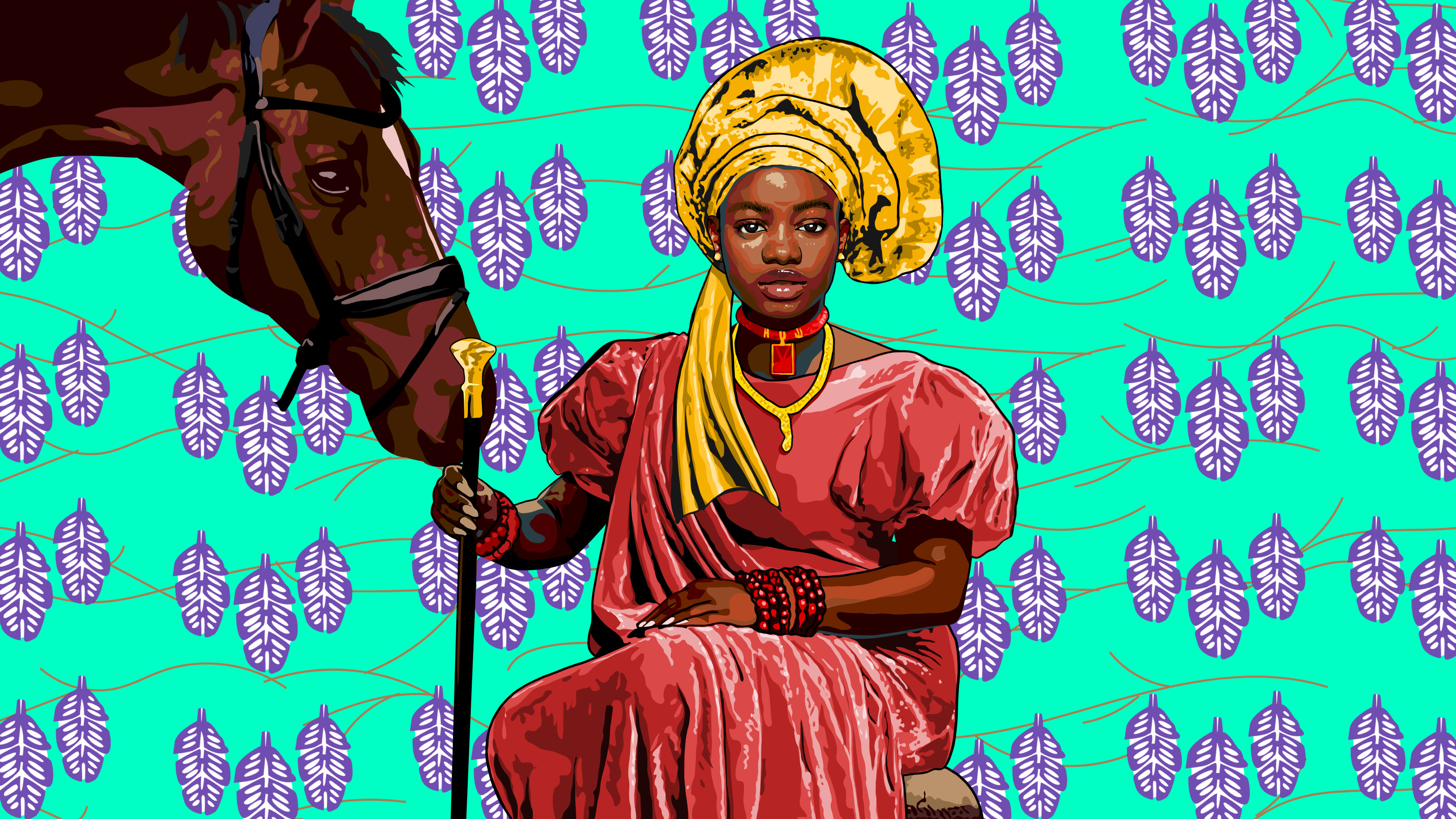
Amina Sukhera
Amina Sukhera was a princess of Zazzau located in the region now known as Kaduna state in the north central region of Nigeria. She was born around the year 1533. According to historical account, Amina refused to marry and helped her community become a focal point for commercial and trade activity. She further helped to expand Zazzau’s territory and introduced the cultivation of cola nuts into the community. She was known as a great military strategist who fought wars that helped expand the southern-most Hausa Kingdom.
According to a historical report by Sankore Institute of Islamic African Studies,
‟These seven regions witnessed many unusual and strange events. The first to establish government among them, as it has been claimed, was Amina, the daughter of the Amir of Zakzak. She made military assaults upon these lands until she proclaimed herself over them by force. The lands of Katsina and Kano were forced to hand over levy to her. She also made incursions into the lands of Bauchi until she reached the Atlantic Ocean to the south and west. She died in a place called Attaagar. It was for this reason that the kingdom of Zakzak was the most extensive among the kingdoms of Hausa, since Bauchi included many regions.”
Sankore Institute of Islamic African Studies
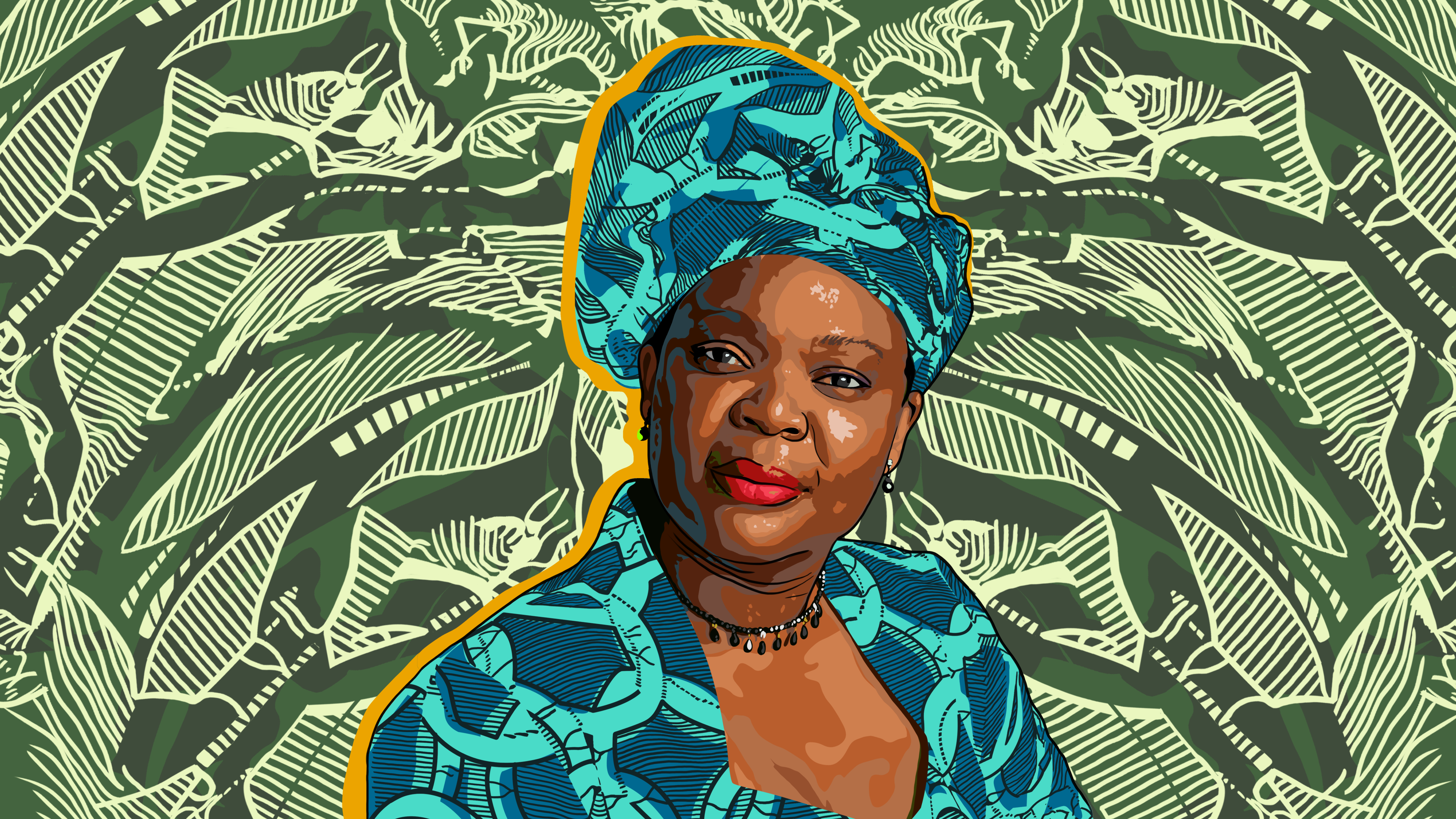
Leymah Gbowee
Termed as the ‟peace warrior” by the African Union, Leymah Gbowee a Nobel Peace Laureate managed to mobilise women from across Liberia’s religious and ethnic divide to bring an end to the 14-year brutal civil war that plagued the nation. Even in the danger of being exposed to shells and bullets, these fierce women, under her guidance, protested and prayed for days without ceasing, demanding that the conflict between rebel forces and former president Charles Taylor come to an end. She even went to the extent of suggesting that women go on a sex strike in a plea to bring the warring men to their senses. She engaged in trauma healing for countless victims of a conflict. Her work and dedication to political activism eventually brought peace to Liberia and paved the way for the first female president in the African continent- Ellen Johnson Sirleaf.
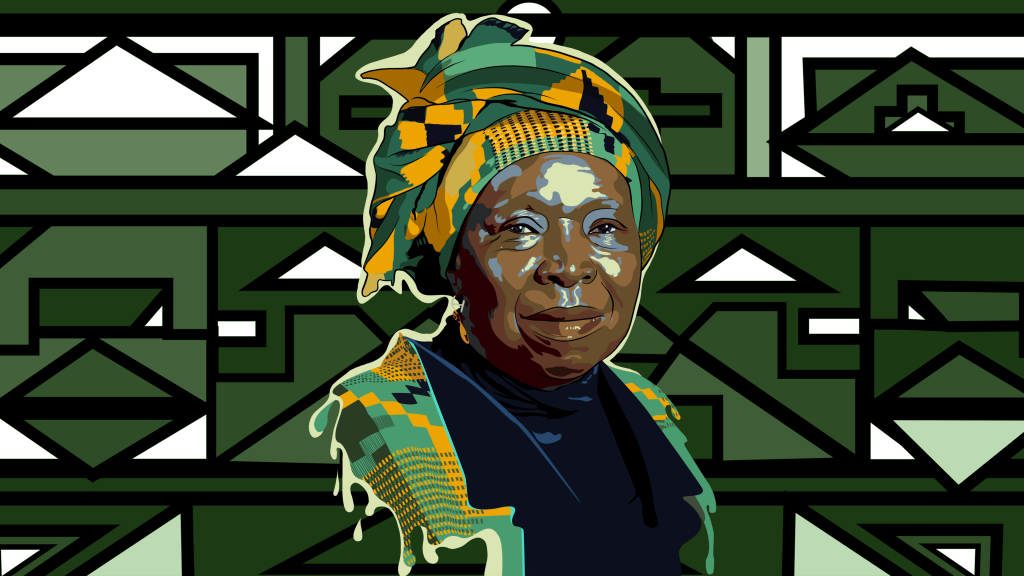
Nkosazana Dlamini-Zuma
Named as an undisputable trailblazer in the upliftment and empowerment of women across Africa, Dlamini Zuma has played a substantial role as a politician and struggle activist. Not only did she manage to break all limitations in a time when black women in South Africa could not go beyond domestic work, but she became the first female chairperson of the African Union. Through her hard work and determination, she succeeded in de-segregating the health system in South Africa while championing other health reforms which introduced access to free basic healthcare in the country. These are just a few of her accomplishments as a woman and she has continuously sought just like her counterpart Leymah Gbowee to empower women across the continent.





